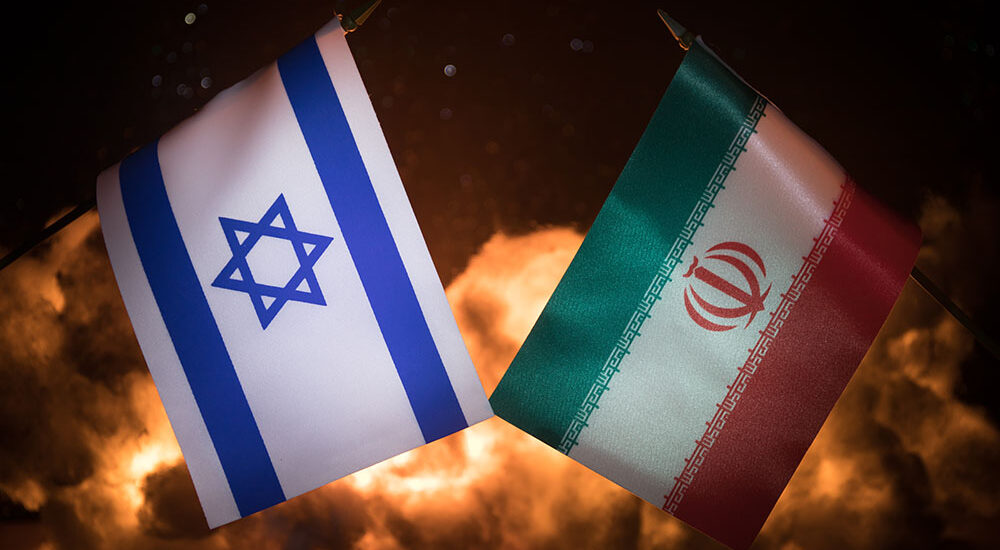The escalating confrontation between Iran and Israel has rapidly become one of the most alarming flashpoints in global geopolitics. With airstrikes, diplomatic breakdowns, and nuclear threats at play, the situation has drawn international concern not only for regional stability but for potential global repercussions.
A Dangerous Turning Point
June 2025: Tensions between Tehran and Tel Aviv surged after Israel launched a series of airstrikes on Iranian nuclear facilities. Iran, in turn, threatened to withdraw from the Non-Proliferation Treaty (NPT) and responded with retaliatory missile attacks targeting Israeli infrastructure.
The Israeli government stated the strikes had delayed Iran’s nuclear program by “two to three years,” a claim that intensified fears of a broader military confrontation in the Middle East. The Iranian leadership condemned the attacks as violations of sovereignty and warned of “unpredictable consequences” should hostilities continue unchecked.
Timeline of Recent Escalations
- June 16: Israel confirms airstrikes on Iran’s Natanz and Isfahan nuclear sites.
- June 17: Iran retaliates with drones and missiles; casualties reported in southern Israel.
- June 18: Iranian officials signal potential withdrawal from the NPT.
- June 20: UN Security Council emergency meeting convened in New York.
International Reactions
Global leaders have voiced alarm. U.S. Secretary of State urged “maximum restraint” while reaffirming America’s support for Israel’s right to self-defense. European nations, including France and Germany, have called for an immediate ceasefire and the resumption of diplomatic talks to prevent nuclear escalation.
“This conflict is not just a regional issue the threat of nuclear proliferation and broader destabilization is a global concern,” António Guterres, UN Secretary-General.
Why the World Should Pay Attention
Beyond the tragic human toll, the Iran-Israel conflict threatens to derail global oil supply routes via the Strait of Hormuz, raise fuel prices worldwide, and intensify regional power rivalries involving the U.S., Russia, and China. Over 20% of the world’s oil flows through this corridor, making it a crucial geopolitical chokepoint.
Additionally, the conflict places the long-standing Iran nuclear deal (JCPOA) in deeper jeopardy. With Iran hinting at a nuclear breakout and Israel vowing to prevent it at any cost, the international community faces a narrowing window for peaceful resolution.
Conclusion: A Call for Diplomacy
The Iran-Israel standoff serves as a sobering reminder of how quickly regional tensions can ripple across the globe. The path forward demands urgent diplomacy, de-escalation measures, and renewed multilateral efforts to prevent nuclear proliferation. Inaction or further provocation may have consequences that extend far beyond the Middle East.






